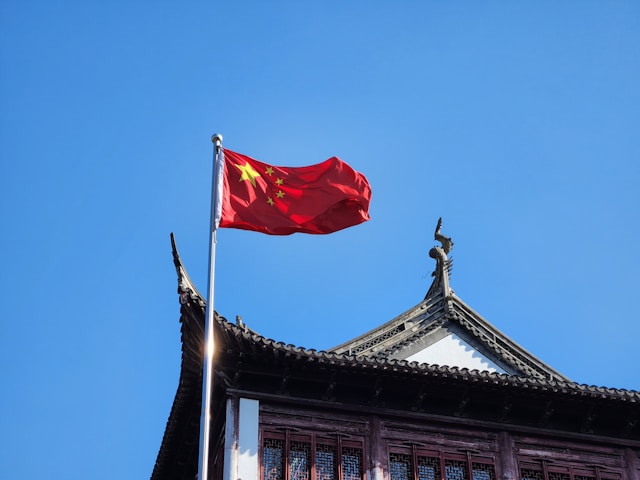
The Report indicates that in 2023, courts at all levels nationwide concluded over 16,000 judicial review cases concerning commercial arbitration. Chinese courts set aside or partially set aside 552 arbitral awards, with a set-aside rate of 5.11%. Additionally, the courts handled over 5,100 arbitration preservation cases, of which more than 4,900 were supported, with a support rate of 95.73%. The low set-aside rate and the high support rate for preservation cases reflect a clear “pro-arbitration” stance.
Regarding the recognition and enforcement of foreign arbitral awards in China, 75 applications were filed in 2023, of which 69 were supported by the courts, with a support rate of 92%. The foreign arbitral awards recognized and enforced by Chinese courts include those rendered by over ten foreign arbitration institutions, such as the ICC International Court of Arbitration, the Singapore International Arbitration Centre (SIAC), the Court of Arbitration for Sport (CAS) in Switzerland, the Japan Commercial Arbitration Association (JCAA), and the International Commercial Arbitration Court (ICAC) at the Russian Federation Chamber of Commerce and Industry, as well as ad hoc arbitral awards made in the United Kingdom and India.
To date, China has established a total of 282 arbitration institutions. In 2023, these institutions handled 607,000 arbitration cases, representing a year-on-year increase of 27.8%.
Related Posts:
- SPC Releases 2020 Annual Report on Judicial Review of Commercial Arbitration
- China Annual Report 2019 on Judicial Review of Commercial Arbitration Highlights (1): Background
- China Annual Report 2019 on Judicial Review of Commercial Arbitration Highlights (2): Laws, Rules and Policies
- China Annual Report 2019 on Judicial Review of Commercial Arbitration Highlights (3): Recognition and Enforcement of Foreign Arbitral Awards
Contributors: CJO Staff Contributors Team








